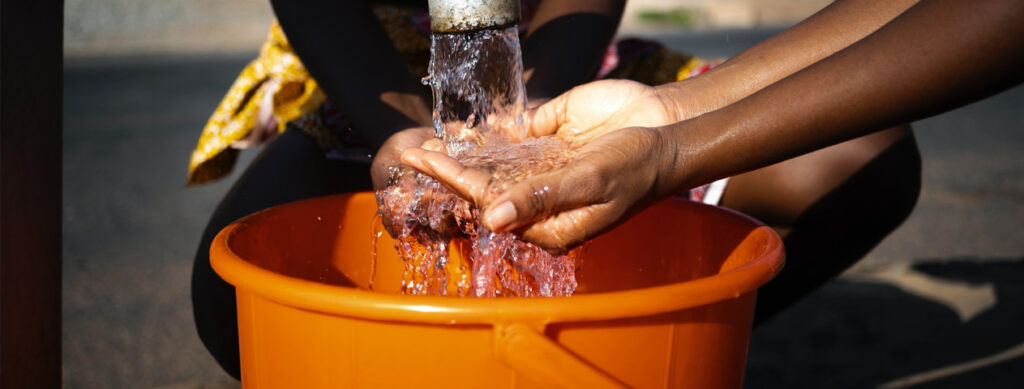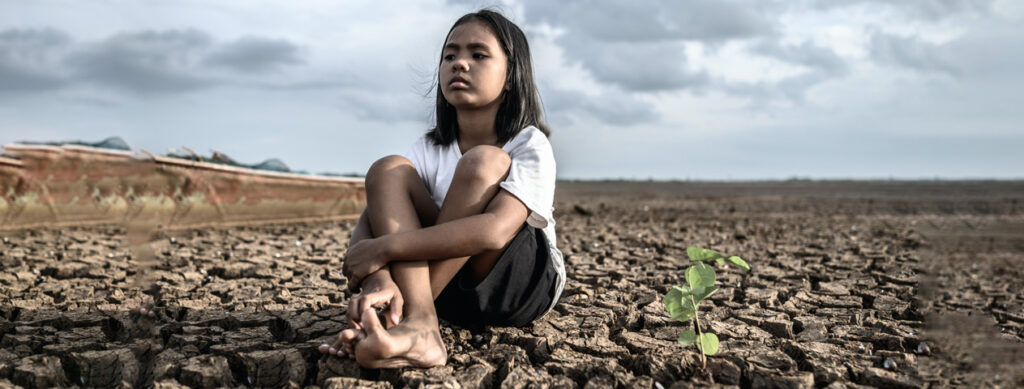In 1992, AIDIS and CWWA established the Inter-American Water Day with the objective of raising awareness among the Latin and Caribbean population about the importance of caring for this valuable resource in the face of the threat posed by constant droughts and low-quality sanitation services. , affecting Latin American families, and economic activities such as livestock and agriculture.
Created by the Inter-American Congress of AIDIS, it has become an important day to reflect on this problem. That is why in this blog post we share with you what was the motivation for establishing this initiative and how your actions can be part of the change.
AIDIS: Inspiring change on Inter-American Water Day
Since its inception, AIDIS assumed a fundamental role in the fight against the water crisis in Latin America. For this reason, the Inter-American Water Day became a key platform to emphasize the precariousness in the distribution of this vital liquid that, even today, still persists in various regions of the continent. For example, in Bolivia millions of people do not have access, which gives rise to epidemics and even the death of vulnerable groups such as children and the elderly. Furthermore, the problem is not in the absence of the resource, but also in the poor sanitary services that contaminate underground reserves.

Bolivia: a vulnerable nation in the face of the water crisis
Bolivia, a country known for its natural beauty, faces a worrying water crisis intensified by climate change. Despite having sources of fresh water, many rural communities lack access to drinking water and basic sanitation.
In September 2023, at least 290 municipalities declared a state of emergency due to prolonged droughts, according to the Vice Minister of Civil Defense, Juan Calvimontes. This crisis disproportionately affects western regions, putting crops and livestock at risk. Water rationing began in Potosí and municipalities such as La Paz, Cochabamba and Tarija have requested government assistance. Unfortunately, the most vulnerable groups are the most affected by this crisis, leading to health problems, malnutrition, gastrointestinal diseases, skin infections, food shortages, sanitation problems and even the heartbreaking choice between attending school or seeking water. Currently, 600,000 Bolivian children and adolescents live in areas at high risk of drought.

For a Bolivia with water for everyone
AIDIS, through the celebration of Inter-American Water Day, whose motto this year is "Water, human rights and governability: elements of social concertation", aims to prevent conflicts related to water between sectors that have different interests. In addition, it seeks to highlight the challenges that the region faces in terms of water and promote the development of concrete actions, which include the promotion of sustainable practices in the management of water resources, investment in water and sanitation infrastructure, as well as education. of the population about the relevance of water and its care.
Celebrate with awareness and making change
There are entities that carry out activities to celebrate this day by organizing community-level initiatives, such as guided tours of dams, in order to understand the distribution and treatment process that water goes through before reaching our homes. Educational events are also held for children, such as games and contests, to highlight the importance of water for all species. In addition, the necessary actions to prevent water pollution and promote its conscious use are discussed.
In this Inter-American Water Day, your donation to Water For People It is an effective way to participate in this transformation. Your support supports our efforts to provide equitable access to water, creating a country where this resource is distributed equitably, under optimal conditions, and where the community is empowered with the knowledge necessary to care for and use water responsibly. Contribute today!
